page
Humanities Center Leadership Boot Camp
November 7–9, 2025 at the National Humanities Center

Overview Sessions Registration
Campus-based humanities centers and humanities-focused institutes play a vital role for faculty members, students, and campus communities. But what do they need to succeed? For that matter, how do humanities centers define “success”? And how do successful administrators ensure their centers flourish?
The National Humanities Center will host humanities center leaders from our institutional sponsors for a three-day workshop addressing administrative, fundraising, communication, and operational challenges that humanities administrators face. Sessions will also allow for time for discussions around advocacy and opportunities in the current climate. Sessions will focus on interactive learning and networking and feature leaders from humanities associations, centers, and organizations from across the country.
Speakers and Session Topics
What Role(s) Can Humanities Centers Play in the Current Moment?
Christopher Thornton (Senior Director of US Programs, American Council of Learned Societies)
Recent attacks on institutions of higher education and, more specifically, reduced funding for the arts and humanities place humanities centers in a difficult situation. Do you stand up and advocate for the humanities, or do you hide in a dark corner of campus and hope not to be noticed? In this session, Christopher Thornton will propose some ways that humanities centers can be proactive in reaffirming the vital role played by the humanities on and off campus. We will also leave time for sharing “lessons learned” from your own centers.
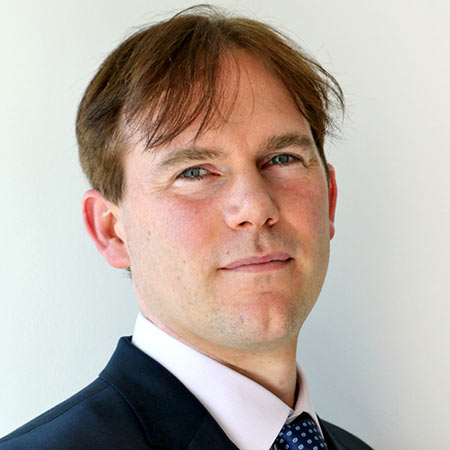
Partnerships, Shared Resources, and Funding in an Evolving Humanities Landscape
Carin Berkowitz (Executive Director, New Jersey Council for the Humanities)
Partnerships and collaborations will be more important than ever to the overall vitality of the humanities, campus humanities centers, and public humanities organizations in the years ahead. This session will allow participants to share their own experiences of how shifts in federal funding and policies have impacted both institutions of higher education and public humanities organizations like the humanities councils in their state or local area. We will then work together in a facilitated discussion to consider creative approaches we’ve seen or could envision to address these challenges, including ongoing collaboration and resource sharing.
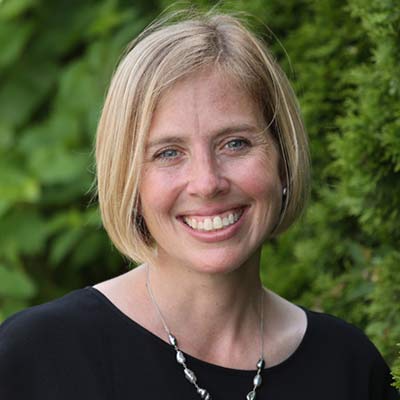
Translating Humanities Excellence: How Humanities Centers Can Bridge Scholarship and Career Diversity
Gabriela Garcia (Director of Graduate Initiatives and Innovation and Associate Director of the Humanities Research Center, Rice University)
Traditional career services often treat humanities PhDs as deficient versions of other disciplines, offering generic skills translation that misses what makes humanities training distinctive. This session explores how humanities centers are uniquely positioned to lead professional development efforts that build from humanities strengths rather than perceived weaknesses. Drawing on the model currently being implemented at Rice University, we will examine how centers can leverage their existing networks, interdisciplinary focus, and public-facing missions to create bottom-up professional development programming. Through concrete examples—from micro-credentials in project management and quantitative literacy to strategic partnerships placing students in clinical settings—this session will explore practical strategies for embedding career diversity initiatives into their core programming.
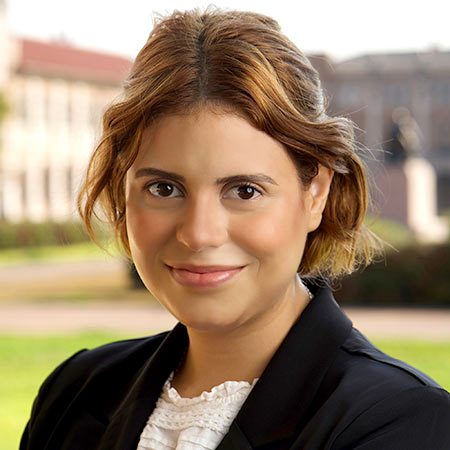
Making the Case for the Humanities in Our Current Political Climate
Cecily Hill (Deputy Director, National Humanities Alliance)
This session will focus on advocating for the humanities in various contexts, drawing lessons from the National Humanities Alliance’s advocacy for the humanities on campuses, in communities, and on Capitol Hill. Participants will learn about opportunities to develop advocacy skills and resources to support their advocacy efforts. They will also have the chance to explore difficulties they face in humanities advocacy while sourcing solutions to these challenges.
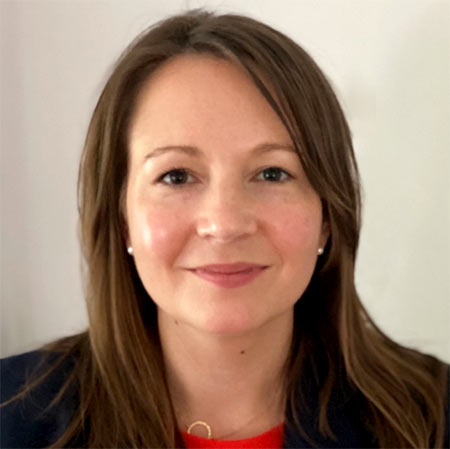
Trusting the Process: Strategic and Operational Planning
Patricia Parker (Director, UNC Institute for the Arts and Humanities)
Tommie Watson (Executive Director, UNC Institute for the Arts and Humanities)
This session will provide you with a proven framework for thinking about your Center’s work, as well as tools for determining vision, gaining buy-in from your community, and implementing that vision, as well as internal processes that can be applied regardless of your Center’s organizational structure or budget.
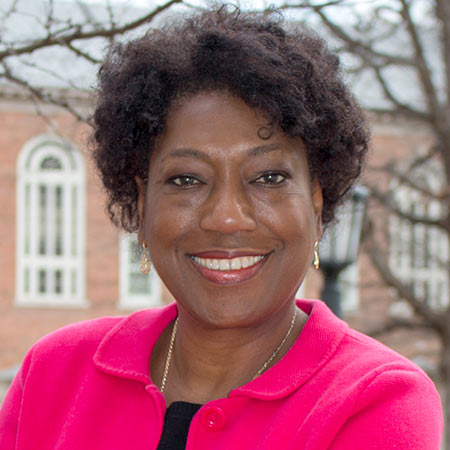
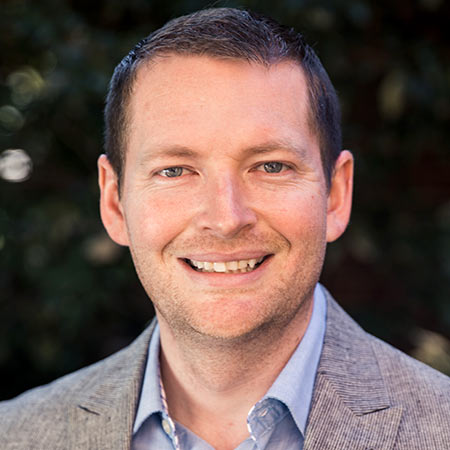
Funding the Future: New Strategies for Sustaining University Humanities Centers
David Kennedy (Vice President for Alumni Relations and Development, Duke University)
In an era of shifting philanthropic priorities and tightening university budgets, sustaining the mission and impact of a university humanities center requires fresh thinking and strategic partnerships. This conversation will offer practical tools, tested ideas, and inspiration for navigating the complexities of fundraising in challenging times—while staying true to the values and mission of the humanities. This includes innovative approaches to donor diversification, cultivating new revenue streams, and building stronger internal alliances.
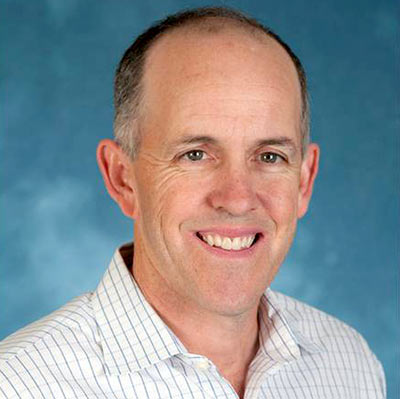
Saturday Keynote Dinner Address
Blair LM Kelley (President and Director, National Humanities Center)
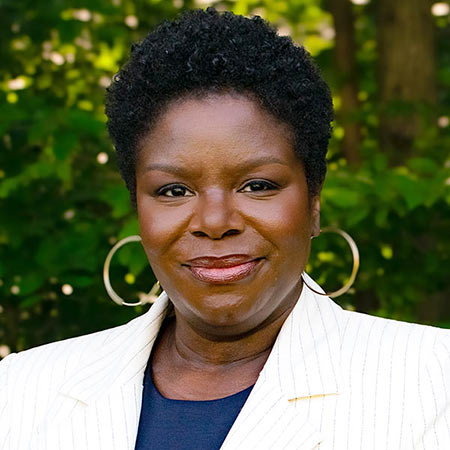
Registration
The cost for the workshop is $2,900 and includes hotel lodging and all meals. Participants must cover their own transportation. Space is limited to 30 seats, so we encourage interested administrators to register early.